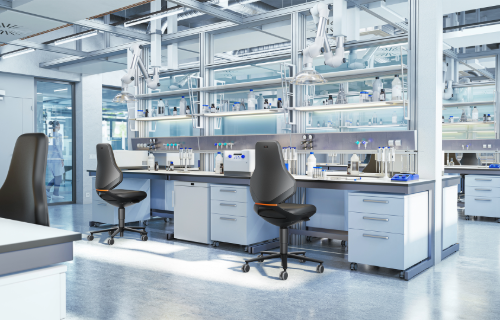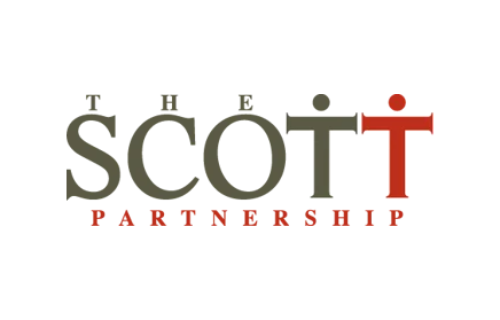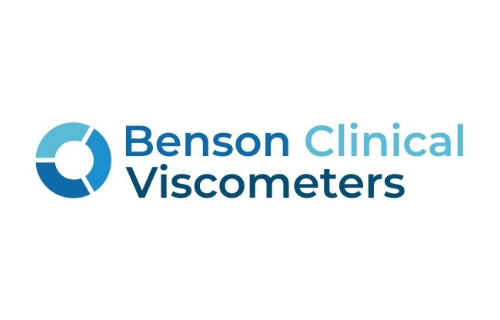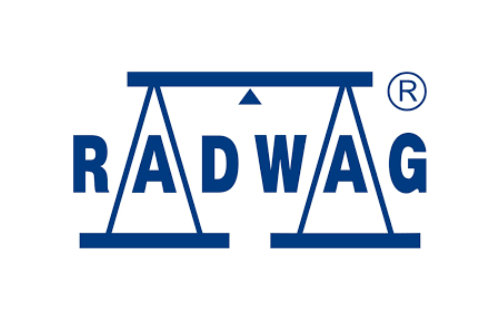Recirculating Air & Containment Solutions.
In an evolving scientific and industrial landscape, laboratories face unprecedented challenges. Research priorities shift rapidly, regulations grow more complex, and the demand for operational efficiency and environmental responsibility has never been higher. Against this backdrop, laboratory managers and facility planners must ask: how can lab environments remain flexible, scalable, and sustainable?
Central to tackling this challenge is agility in lab design. Laboratories are no longer static environments—they must evolve alongside the research, production, or testing activities they support. The ability to reconfigure layouts, relocate equipment, and scale operations without major disruption is a key competitive advantage for both academic and industrial institutions.
Recirculating Clean Air – Flexibility meets Performance.
Recirculating clean air and containment technologies are a critical enabler of this agility. Traditional ducted systems, while effective, often lock laboratories into fixed configurations. Once installed, moving or expanding these systems is costly and disruptive. Recirculating fume cupboards, biological safety cabinets, laminar flow cabinets, and powder handling units operate independently of external ductwork. This allows laboratories to relocate, reconfigure, or expand equipment in line with evolving operational requirements. Facilities can respond to new research priorities, accommodate emerging technologies, and optimise workflow—without the need for costly renovations or downtime.
The advantages extend beyond operational flexibility. Laboratories equipped with recirculating solutions also improve sustainability and reduce environmental impact. By filtering and recirculating air internally, these systems reduce the energy burden associated with heating, ventilation, and air conditioning for ducted solutions. Lower energy consumption not only cuts operational costs but also aligns with organisations’ environmental objectives. In an era where sustainability increasingly influences funding, accreditation, and reputation, this is a tangible and measurable benefit for forward-thinking facilities.
Modular Cleanrooms – Growing with Your Needs.
Flexibility at a larger scale is equally critical. Modular cleanrooms exemplify how laboratories can expand and adapt over time. By designing spaces in a modular format, facility managers can add, reconfigure, or adapt rooms as operational requirements evolve. A modular cleanroom can support a single process today and accommodate multiple processes tomorrow—all while maintaining stringent contamination control standards. This approach allows organisations to future-proof their investments, ensuring facilities remain fit for purpose even as operational demands change.
Integrated Lab Ecosystems.
The benefits of these technologies are amplified when considered as part of a broader laboratory ecosystem. Organisations such as the SDI Group Laboratory Equipment Manufacturers provide a holistic approach, integrating flexible clean air and containment solutions with complementary laboratory systems and infrastructure. This end-to-end perspective enables laboratory managers to view their facilities not just as a collection of isolated rooms or equipment, but as a cohesive, adaptable, and sustainable ecosystem capable of meeting evolving operational demands.
See It in Action at Lab Innovations.
Events like Lab Innovations offer an invaluable opportunity for laboratory professionals to experience these solutions firsthand. Attendees can join Lewis Irish, Sales Director at Monmouth Scientific, at the Live Lab Stage on October 29 at 11:30 AM, where he will share insights on creating smart, agile lab and cleanroom spaces that are adaptable, high-performing, and environmentally responsible.
Lewis commented: “Laboratories are evolving faster than ever, and the need for flexibility, scalability, and sustainability has never been greater.
At Monmouth Scientific, we design solutions that enable labs to adapt seamlessly to changing operational needs while maintaining the highest standards of performance and safety, helping organisations future-proof their facilities.”
Visitors are also encouraged to explore Monmouth Scientific’s full range of solutions at Stand L70, part of SDI’s complete lab ecosystem, alongside Safelab Systems, LTE Scientific, Applied Thermal Control, and Synoptics. This provides an ideal opportunity to see how integrated lab technologies can create sustainable, future-ready laboratory environments.
Future-Ready Labs
Ultimately, flexibility, agility, and sustainability are central to modern laboratory design. By embracing these principles, organisations can ensure their facilities remain efficient, adaptable, and responsible, prepared to meet the evolving demands of science and industry.
ENDS
NOTES FOR EDITOR:
Word Count: 649
FOR MORE INFORMATION PLEASE CONTACT:
Michael Skidmore, Marketing Manager
01278555160
mskidmore@monmouthscientific.co.uk
EVENT DETAILS:
Event: Lab Innovations.
Date: 29–30 October 2025.
Venue: NEC Birmingham, Hall 2.
Stand: L70.
Conference Stage: Live Lab.
Title: Smart, Agile Lab & Cleanroom Spaces – Recirculating Air & Containment Solutions.
Speaker: Lewis Irish, Sales Director, Monmouth Scientific.
Date/Time: 29 October 2025 / 11:30 AM.
ABOUT MONMOUTH SCIENTIFIC:
Monmouth Scientific specialise in clean air solutions. We focus on advanced recirculating technologies that ensure containment and safety for critical applications.
Our product portfolio includes:
- Fume Cupboards, engineered to enhance laboratory safety and efficiency.
- Biological Safety Cabinets, guaranteed to meet biohazard containment standards.
- Modular Cleanrooms, offering precise environmental control for diverse applications.
- Powder Containment Units, designed to prevent cross-contamination and ensure safety.
- Laminar Flow Cabinets, providing consistent, high-performance air quality for sensitive environments.
- Chemical Storage Solutions, to maintain safe handling conditions.
As part of the SDI Group, we proudly support a wide range of sectors, including life sciences, pharmaceuticals, aerospace, pathology, forensics, precision engineering, manufacturing, and academic research.
With a dedicated team of skilled engineers and technical specialists, we understand that maintaining optimal clean air conditions is essential to our clients. Our systems protect processes and products, enhancing operational efficiency, safety, and sustainability.
ABOUT THE SDI GROUP:
SDI Group is an acquisitive group, focused on companies that design and manufacture specialist lab equipment, industrial & scientific sensors and industrial & scientific products.
The group’s buy and build strategy unites specialised technology businesses, fostering their growth and autonomy. By empowering member companies, the group deliver sustainable, long-term value and innovation for shareholders and stakeholders.
A portfolio of 17 companies targets markets including high tech industrial, life sciences, healthcare, manufacturing, electrification, semiconductors, precision optics, measurement instrumentation and astronomy.
RESOURCES:
Logos and product Imagery, available upon request.
IMAGE CAPTION:
Monmouth Scientific Clean Air Enclosures provide laboratories with adaptable, high-performance containment, ensuring safety and flexibility for evolving research needs.










